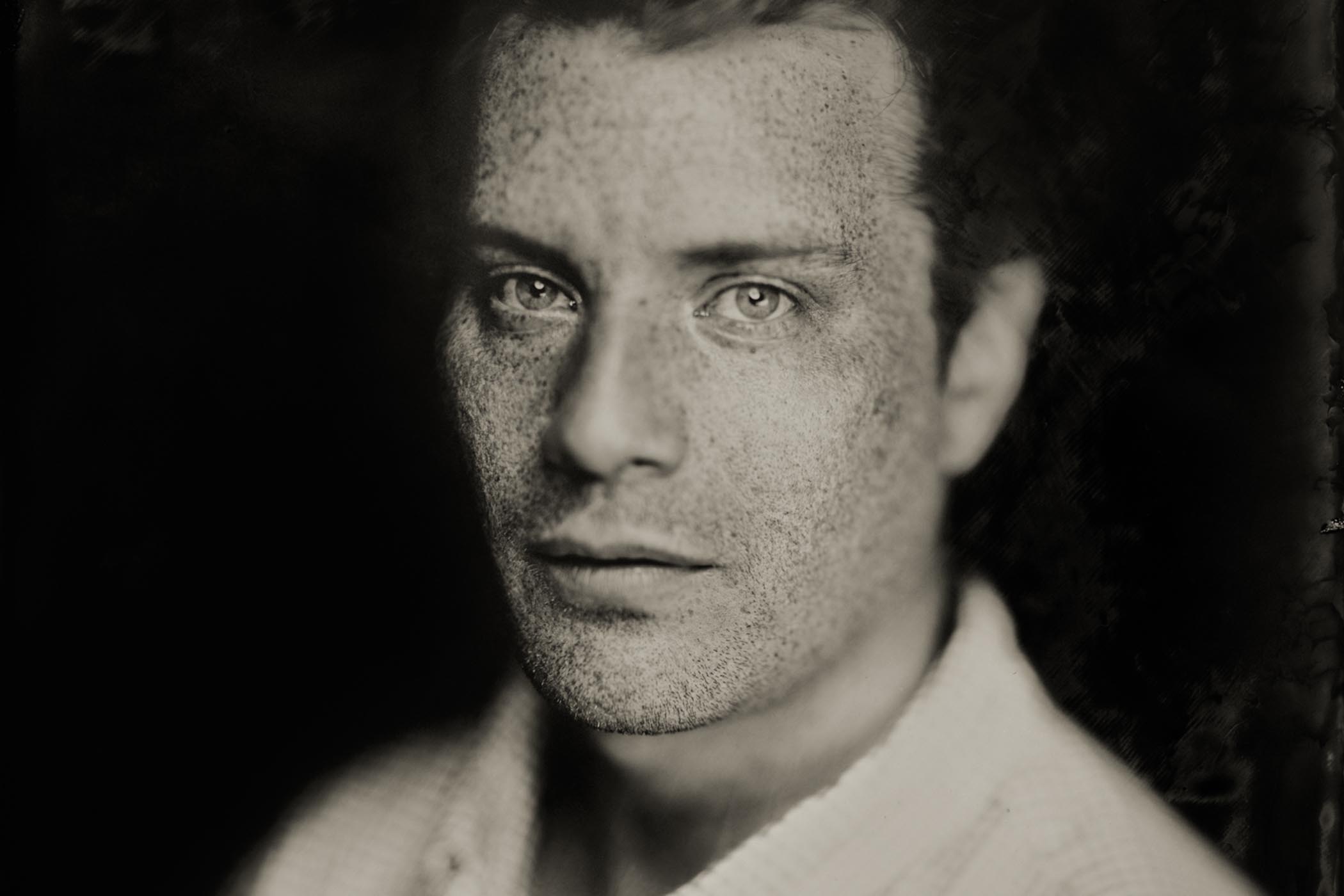It was the British Podcast awards last week, an event that’s become a lot glitzier and more celeb-studded since it began in 2017. Founders Matt Hill and Matt Deegan sold the caboodle to the Haymarket Media Group a few years ago, and the awards jumped from being a low-key affair held in Kings Place in north London, or under a gazebo in Brockwell Park south of the river, to a big London “do” – this year at the O2 Arena. It reflects the change in podcasting itself. At the start, the medium was championed by independent makers such as Helen Zaltzman, Adam Buxton and Cariad Lloyd. Now, already established celebrities leapfrog to the top of the charts, leaving smaller creators to fight for funding and attention.
Every year there’s a story from the prize ceremony, whether a huge one (in 2019, George the Poet swept the board with his Have You Heard George’s Podcast?), or a discernible trend. This time it’s the rise of mystery and true crime. Just two years ago, everything was about news or history, commentary on life-changing events, whether today’s or those in the past. Now, things are weirder. True crimehas, of course, long been a podcasting staple, but 2025’s winners were less about gory stories of missing women and more about tracking down strange tales that the police miss. The category was won by the bizarre, dark web hitman-who-didn’t-exist tale Kill List, while the documentary prize went to Dead Man Running, in which Myles Bonnar located an abuser who’d apparently died. The winner in news was Sue Mitchell’s brilliant To Catch a Scorpion, where she located an elusive people smuggler, succeeding where police had failed; in documentary runner-up Stalked, about an internet obsessive, Carole Cadwalladr did the same.
Newsletters
Choose the newsletters you want to receive
View more
For information about how The Observer protects your data, read our Privacy Policy
All these series feature journalists solving a strange tale; a cold case that might still be successfully sleuthed. The fiction category had a similar feel. From Broken Veil to winner Cold Tapes, the shows played with the tropes of investigative podcasting. Presenters followed clues into weird, offbeat, is-this-real? worlds and listeners travelled with them. The discussions sparked on online forums were wild.
Deegan recently told me that podcasting is now so huge that the British Podcast awards are like if the Oscars included YouTubers. A creator who made their show for nothing told me that each nominated podcast only gets one free ticket to the ceremony. Any more and you’re paying £95 each – not bad, but still a big ask if your budget is zero. Perhaps podcasting is now big enough to sustain another, smaller awards ceremony, just for independents, those who make their amazing shows with a fraction of the money showered upon the star-hosted ones. While we’re on that subject, huge congratulations to the very independent Sam Tyler, whose Sonic Fields, about the history of festivals, won in the arts and culture category. And a special mention for the Prison Radio Association, the network or publishers winner, which makes consistently great shows, both for those who find themselves inside the prison system and for those of us lucky enough to be on the outside.
Just room for a quick mention of Music, Money & Mayhem, a new series about the demise of EMI, the last of the UK’s great record labels. It’s an uneven listen, offering funny anecdotes and a cheesy, off-beam script that includes laughable lines such as: “As the 90s charged ahead, Pet Shop Boys passed the mantle of controversy to another EMI band, Blur.” Tony Wadsworth, eminence grise of several of the label’s best acts, gives an interesting account, as does Pet Shop Boys’ Neil Tennant, a man who can never be dull. And Guy Hands, the businessman who bought EMI despite not understanding music at all (he can’t remember any song he’s ever heard!), comes across just as terribly as you may imagine. It might have been nice if the series acknowledged the large debt it owes to Eamonn Forde’s great book The Final Days of EMI: Selling the Pig. If you want the full gory story, I’d start there.



